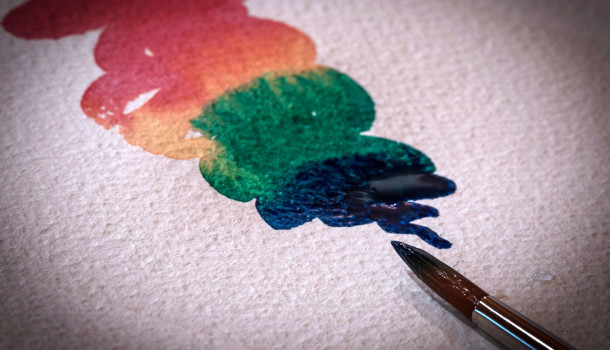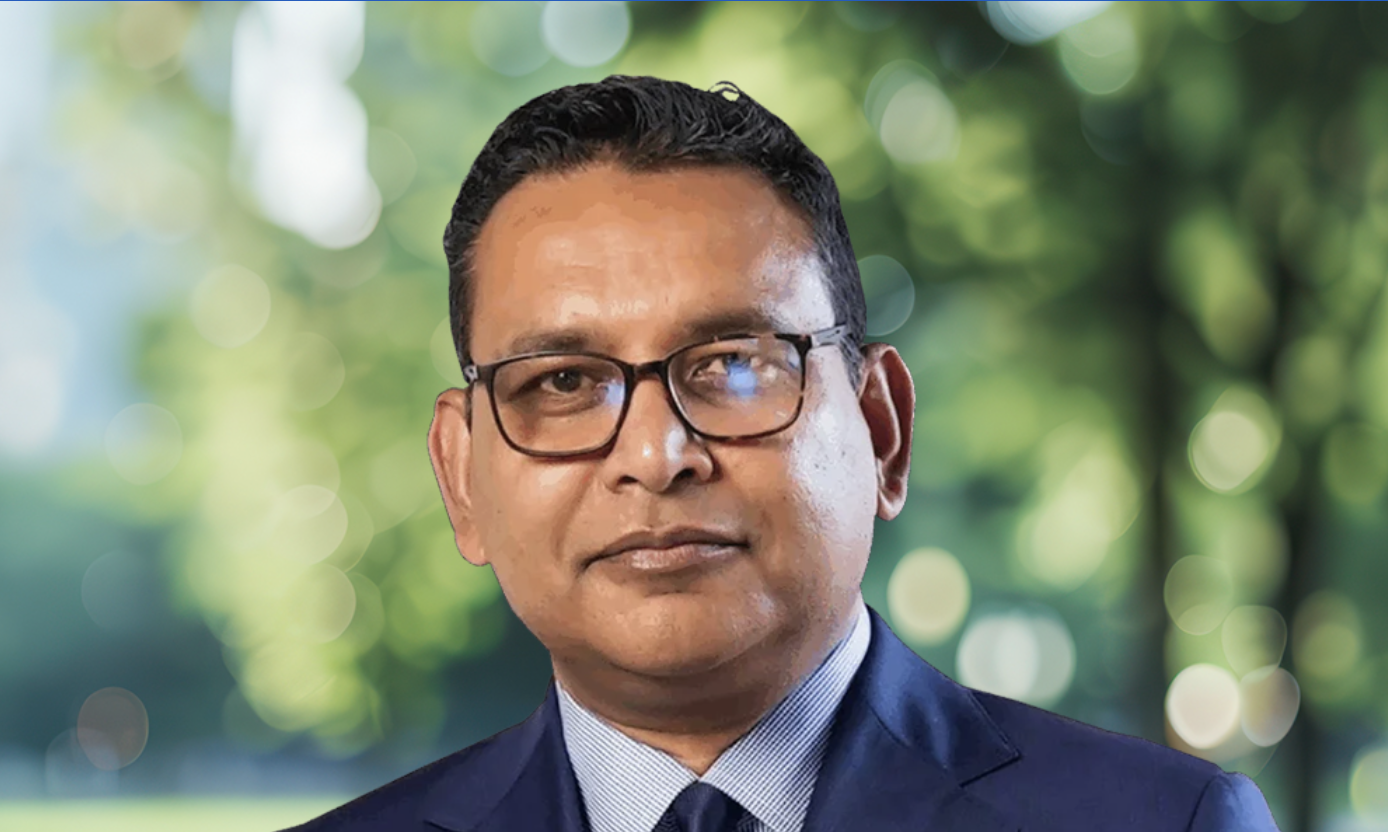
In making something, whether it is a business, an app, a book, or art, we bring something into the world that could come only from us.
BY FAISAL HOQUE | June 30, 2014
In The War of Art, Steven Pressfield explains that the Romans used the word “genius” to denote an inner spirit, holy and inviolable, that watches over us, guiding us to our calling.
“A writer writes with his genius; an artist paints with hers; everyone who creates operates from this sacramental center,” he writes. “It is our soul’s seat, the vessel that holds our being-in-potential, our star’s beacon and Polaris.”
Isn’t this concept of genius beautiful? It’s a kind of creative soul.
So how do we cultivate our inner genius?
1. Start With Being Mindful
When you become a better observer of your own doings, you naturally develop a more realistic sense of yourself. Maybe you aren’t actually so nice to your colleagues all the time, and maybe you shouldn’t have a guilt spiral because of that.
Maybe you’re more worried about that deadline than you let on, and maybe you can admit to yourself that you need to talk to a trusted friend about it.
Mindfulness helps us see the ways in which our actions aren’t in correlation with ideals we have about ourselves, and in this way it helps us become more aware of our own interior states, which leads to being more empathetic for others and more authentic. From that authenticity, we become more confident, and better rounded.
2. Practice Conscious Openness
Life does not have a recipe. Then why should you serve up your next business, book, or song following someone else’s recipe?
An authentic cook likes to experiment, mix and match, and create their own meals. They make their decisions based on availability, their eating companions, and the hour of the day.
And this requires understanding interconnectedness and harmonies. Understanding the relationships between the ingredients and their interactions is crucial to creating a successful dish. This conscious openness is precisely what is at the heart of any creative process regardless of what we do and the medium we use.
3. Be Intentionally Omnivorous
An ongoing part of identity building–both in our individual working lives and as part of a team–is to practice inviting a breadth of experiences, a pool of experiences from which we can draw on later in life. When journalists ask artists the lazy question “Where do your ideas come from?” the answer can only be this: their experiences.
To gain a diversity of experience, it requires us to be intentionally omnivorous. So where do we gather these omnivorous tastes?
The media you consume: Taking in a range of art, news, and scholarship makes you more vulnerable to cross-pollinating insight. If you normally read about business, take in the arts.
The people you see: Network theory has found that the success of a team is predicted by the quality and quantity of the connections its members have, especially across disciplines and silos. To apply that to our personal lives, we’d benefit from growing diverse partnerships within our lives. Yes, a true partner is a rare thing indeed, but that preciousness is part of the reason to vigilantly care for them.
The events you attend: Finding those partnerships–the members of your tribe, if you will–is as difficult as it is life affirming. Conferences, talks, and readings are all examples, and so are the social gatherings you attend.
4. Practice Positive Affirmation
Our emotions are wonderful because they are what make us human. Emotions allow us to feel passion, creativity, and happiness. However, our emotions can also be our downfall. Emotions can prevent us from creating the reality we desire.
After all, doubt, fear, and uncertainty are emotions too. They are destructive emotions that can keep us from obtaining our goals. If we are repeating positive affirmations but inside we are filled with doubt and fear, we are defeating our own purpose. We are getting back what we are sending out.
If you are constantly concentrating on what you do not have, you will continue to experience more lack. If you feel down and depressed because of the lack you are experiencing, you will experience more lack.
Thinking positively and using affirmations are certainly helpful in our quest to manifest our desires.
5. Learn, Unlearn, and Relearn
Author and futurist Alvin Toffler famously wrote,
“The illiterate of the 21st century will not be those who cannot read and write, but those who cannot learn, unlearn, and relearn.”
There’s a word for not knowing: ignorance.
While this word usually has a negative connotation–if someone called any of us ignorant, we’d leap to defend our fragile intellectual egos–we hold that it can be positive. We can be skillfully ignorant by acknowledging that this is a complex, maybe even opaque world that we’re working in.
From that we can get good at being ignorant: at an individual level, we can get good at acquiring the new skills that will be demanded of us, and at an interpersonal and organizational level, we can surround ourselves with people that shine light onto our various blind spots -and treat them in a way that encourages that expansive behavior.
A beginner’s mind, then, is what allows us to embrace the highest emotional qualities such as enthusiasm, zeal, and optimism to creatively move ourselves forward.
Adapted from Everything Connects: How to Transform and Lead in the Age of Creativity, Innovation, and Sustainability (McGraw Hill, 2014). Copyright (c) 2014 by Faisal Hoque. All rights reserved.
Read the original article @FastCompany.
Image: Flickr user Maria Teresa Ambrosi]















